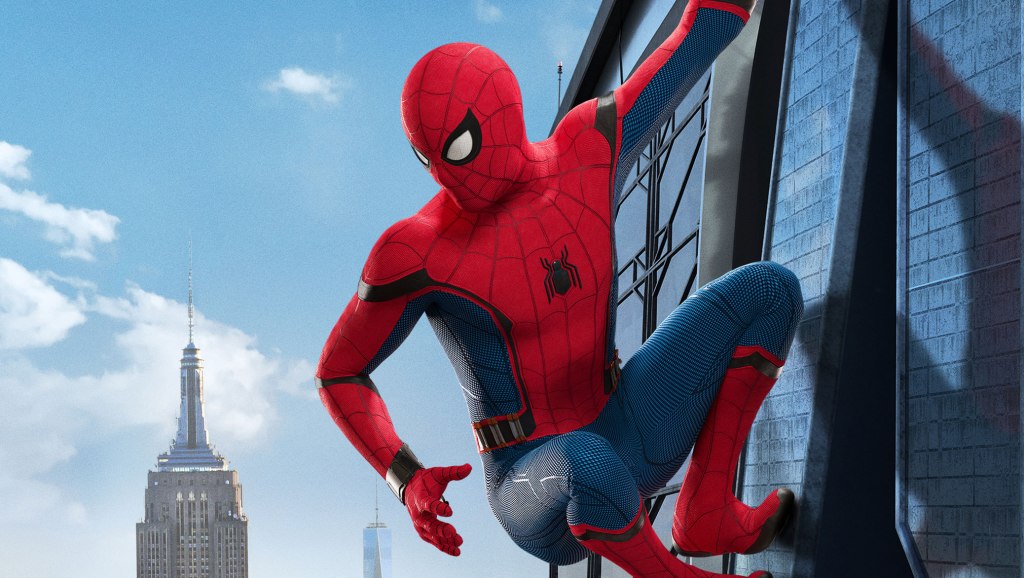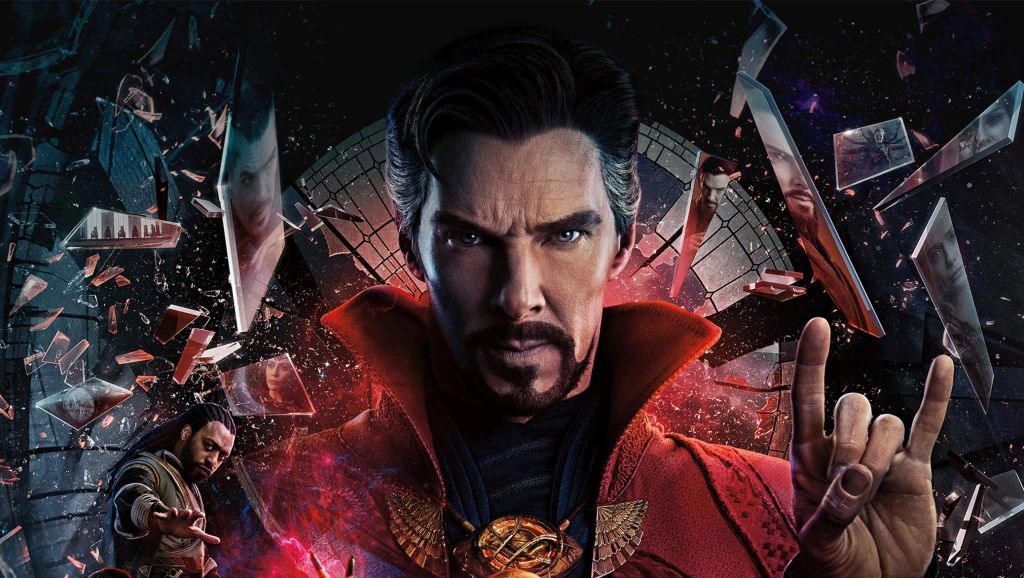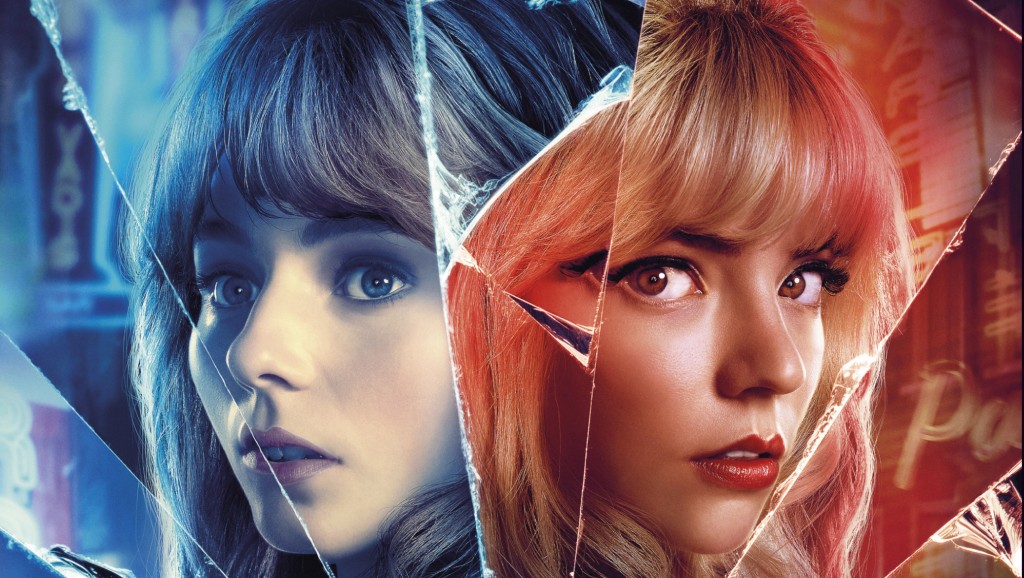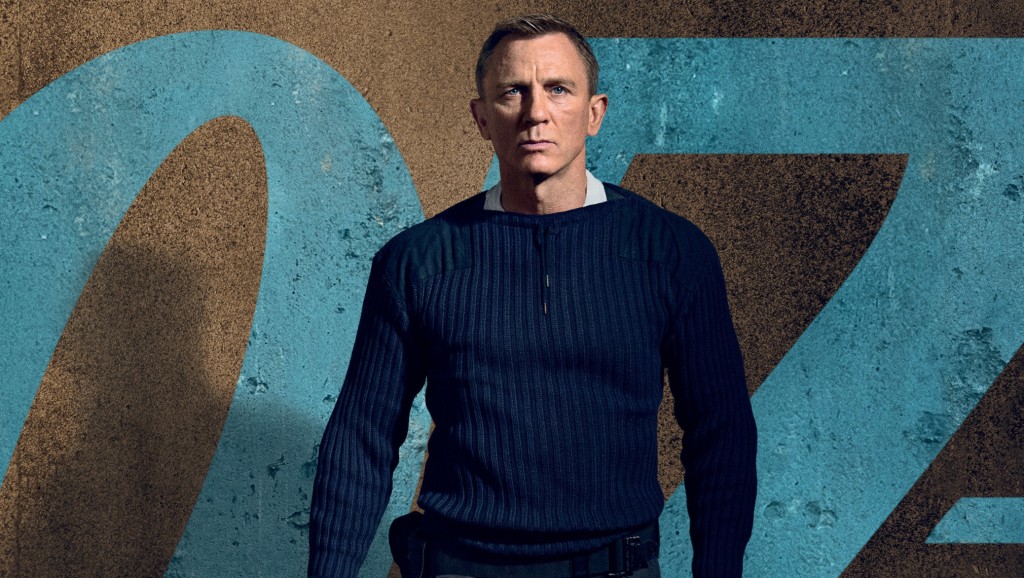
Another day, another comic book hero on the big screen and Spider-Man finally makes his full screen debut as part of the Marvel Cinematic Universe.
The term “comic book fatigue” has been floating around in recent years. While Spider-Man: Homecoming won’t ultimately change your opinion on whether there’s an over-saturation in the market with its familiar conventions or change your opinion if you have issues with Marvel and their formulaic stance in their films. But Spider-Man: Homecoming does keep everything breezy and fun. I still hold a candle to Spider-Man 2 which still remains a benchmark for comic book films, but Spider-Man: Homecoming certainly deserves to be up there as one of the best Spider-Man films made.
Peter Parker: “I’m sick of Mr. Stark treating me like a kid.”
Ned Leeds: “But you are a kid.”
Peter Parker: “Yeah. A kid who can stop a bus with his bare hands.”
Homecoming may be an American High School tradition, but it also serves as a doublespeak for Marvel welcoming Spider-Man back into their in-house control, securing the shared character rights from Sony back in February 2015.
Saying Spider-Man: Homecoming is one of the best doesn’t necessarily feel like a stretch on the imagination, given how uninspiring and lacklustre The Amazing Spider-Man and The Amazing Spider-Man 2 were. As a Spider-Man fan, whilst the last two adventures were made with the right intentions (because at the end of the day, no one goes out to make a bad film), its execution and convoluted script never captured what made Spider-Man and most importantly Peter Parker loveable and relatable.

It’s easy to overlook Peter Parker/Spider-Man against other comic book characters, characters who have God-like powers (Thor) or are billionaires geniuses (Iron Man). There’s plenty of in-depth documents, comics and video essays on this already but what makes Peter Parker/Spider-Man so attractive as a comic book hero is because he’s a grounded, everyday hero. The uniqueness in that concept is that he wasn’t born into a luxury or afflicted by some early age tragedy that haunted and spawned his quest for justice like Batman. As an ordinary teenager, the task of superhero was thrust upon him and has to deal with the consequences of that gift. There’s always a constant conflict between saving the world and navigating his way through life and the problems that arise from it. Those problems can be classified simply as keeping up in class, time and social life management, relationships and even avoiding the school bully. Because of this duelling identity conflict as Peter tries to keep up appearances and promises, it always results in a compromised trade-off and choice because Peter doesn’t necessarily get what he wants, constantly fighting just to find that balance.
That in essence is what Spider-Man: Homecoming captures so well in comparison to The Amazing Spider-Man and its subsequent sequel where Peter Parker (played by Andrew Garfield) came off too cocky and arrogant, an extremity of his character by taking his gift for granted, making Peter Parker unrecognisable.
Even though the words “with great power comes great responsibility” are never uttered in Spider-Man: Homecoming, that spiritual essence is carried throughout the film.
There is no “hit the ground running” in Spider-Man: Homecoming because Spider-Man hasn’t worked out what he’s really capable of. In a suburban neighbourhood (a different landscape from the familiar tall buildings of the city), he shoots his web-shooter into the distance realising his webbing doesn’t go far enough. The joke is that he has to run on foot through back gardens to catch up with an assailant. There is a good-hearted eagerness to Peter Parker (Tom Holland), derived from his craving to be an Avenger. It becomes the bigger picture and focus in his life which builds towards his desired hope that his mentor Tony Stark (Robert Downey Jr.) would sweep him away from his mundane and now irrelevant school life. Given Peter’s familiar backstory – losing his parents and uncle and living with Aunt May (Marisa Tomei), Tony Stark becomes a surrogate father type figure to Peter which Peter hopes to impress in order to get that Avengers adoption.
This cocktail of structural elements is effective because it captures a growing teenager, psychologically playing into how Peter sees himself. He can do so many amazing things but feels restricted in fulfilling his potential. He doesn’t call himself “Spider-Boy” or something silly that alludes to a gimmick. He’s Spider-Man, an extension and idea of what a hero should be. As Spider-Man the school bullies are substituted for villains, which gives Peter an excuse and freedom to showcase acts of heroism. The humour becomes a self-assured confidence of tackling afflicting problems head on as he aims to do the right thing. His investigations into the Adrian Toomes/Vulture (Michael Keaton) is his first real test in that journey. He wants to grow up fast but clearly not yet ready for the “responsibility”, still learning the ropes with his suit stuck in the training wheels mode. What Spider-Man: Homecoming does more on the surface than depth wise is to capture that transition in understanding that core and fundamental famous quote.
In Tom Holland’s performance, we certainly have a Peter Parker/Spider-Man that gets the balance right. Because the balance feels natural and real, that means we can certainly connect and empathise with Peter.
Spider-Man: Homecoming doesn’t spend half the movie in re-telling Peter’s origin story, a story that we all confidently know by heart. That origin is handled in exposition with conversations with Peter’s best friend Ned (Jacob Batalon). But one of the key focus from the film is making Peter’s school life central to the plot. Like a tribute to the late great John Hughes, Spider-Man: Homecoming takes inspiration from films like Ferris Bueller’s Day Off, The Breakfast Club and Pretty in Pink to showcase that coming of age spirit from the 80s involving a collective group of misfits but updated to take into account the social media and technologically minded teenagers of today. Because it’s from that perspective, it keeps the film based in reality of the here and now, not looking at the bigger picture of other worlds or galaxies that the MCU often reminds us of.
“The rich, the powerful, like Stark, they don’t care about us! The world’s changed boys, time we change too!” – Adrian Toomes

For every superhero film there has to be a balance not only in the protagonist (hero) but also in the antagonist (villain). For a large extent of a time, the MCU has largely supported the protagonist side (Doctor Strange, Thor, Ant Man) but neglected the side of the antagonist (Kaecilius, Malekith and YellowJacket) which can leave the film unbalanced. Besides Loki, Helmut Zemo and The Winter Soldier, most of the villains have played to the same one-dimensional beat which usually involves taking over the world or seeing it destroyed, connection wise never really extending beyond that simplistic emotion.
It makes such a difference when a villain is given more than the standard arbitrary screen time. Whilst not perfect and Keaton could have benefited from more screen time, but he makes every scene count.
Keaton’s interpretation of the Vulture is based on the fundamental principles of Charles Dickens’ A Tale of Two Cities, a clear divide between the elitism of the rich and powerful and the working class who are striving to survive. When his salvage company is run out of business by the newly created The Department of Damage Control, it leads him down a revolutionary path to change his circumstances. By becoming an arms dealer he uses salvage parts from the battle in New York from Avengers Assemble. The divisions between the working class and the elitist feels more socially relevant today than ever before. The rich (Tony Stark included) can find all manner of excuses to justify behaviour or practices and yet the ordinary people are the ones who suffer that resulting consequence, most of the time without compensation or acknowledgement. It thus creates a criminal breeding ground in order to survive an unjust world. While the Marvel Cinematic Universe has moved on exploring a greater world full of diverse characters, Keaton’s performance is a certain reminder on how you should never underestimate a working class, everyday villain.
In many respects, Adrian’s transformation into the Vulture is not too dissimilar to Peter Parker and Spider-Man. Not only does Keaton play the Vulture as if he was reprising his role for Batman, but just like Peter, he didn’t set out to be a villain. By using his salvaging expertise and employees, they orchestrate their plan of getting revenge on Tony Stark and his vast arsenal of weapons. Just like Peter, the circumstance is thrust upon him and making compromised choices, a double life that carries the weight of his world. Whilst it still falls victim to Marvel’s villain problem, not matching the levels of Spider-Man 2 with Molina’s emotionally charged and sympathetic performance as Dr. Octavius, it is at least an attempt to rationalise Adrian’s intent and the involved stakes from his perspective. It provides a balance to Peter’s exploits and when the film is hinged on one crucial moment, that tension is genuinely felt.
I could easily nitpick at other issues in Spider-Man: Homecoming – Peter’s Iron Man style suit, removing one key aspect of his gift (Spidey sense). Having a suit that does everything removes the limitations that he can encounter in battle (e.g. low web fluid) or jokingly where Peter hides his mobile phone in the suit when he’s phoning Happy (Jon Favreau). But it’s beside the point.
Spider-Man: Homecoming achieves one thankful task and that’s to tell a convincing Spider-Man adventure which has been absent since 2004. It’s a film that’s not convoluted with too many villains (Spider-Man 3) nor is it a story that’s speedily rushed to set up its own cinematic universe (The Amazing Spider-Man 2). Spider-Man: Homecoming is a step in the right direction in terms of Peter Parker as a character and the growing responsibilities he has as Spider-Man. Life is a learning curve and Peter/Spider-Man will make mistakes – that’s inevitable. But it’s how he takes that on board and how he overcomes those hurdles that will cement that loveable belief we as fans have for him.
Welcome home Spidey…you have been missed.






Don’t Be Shy – Leave a Reply